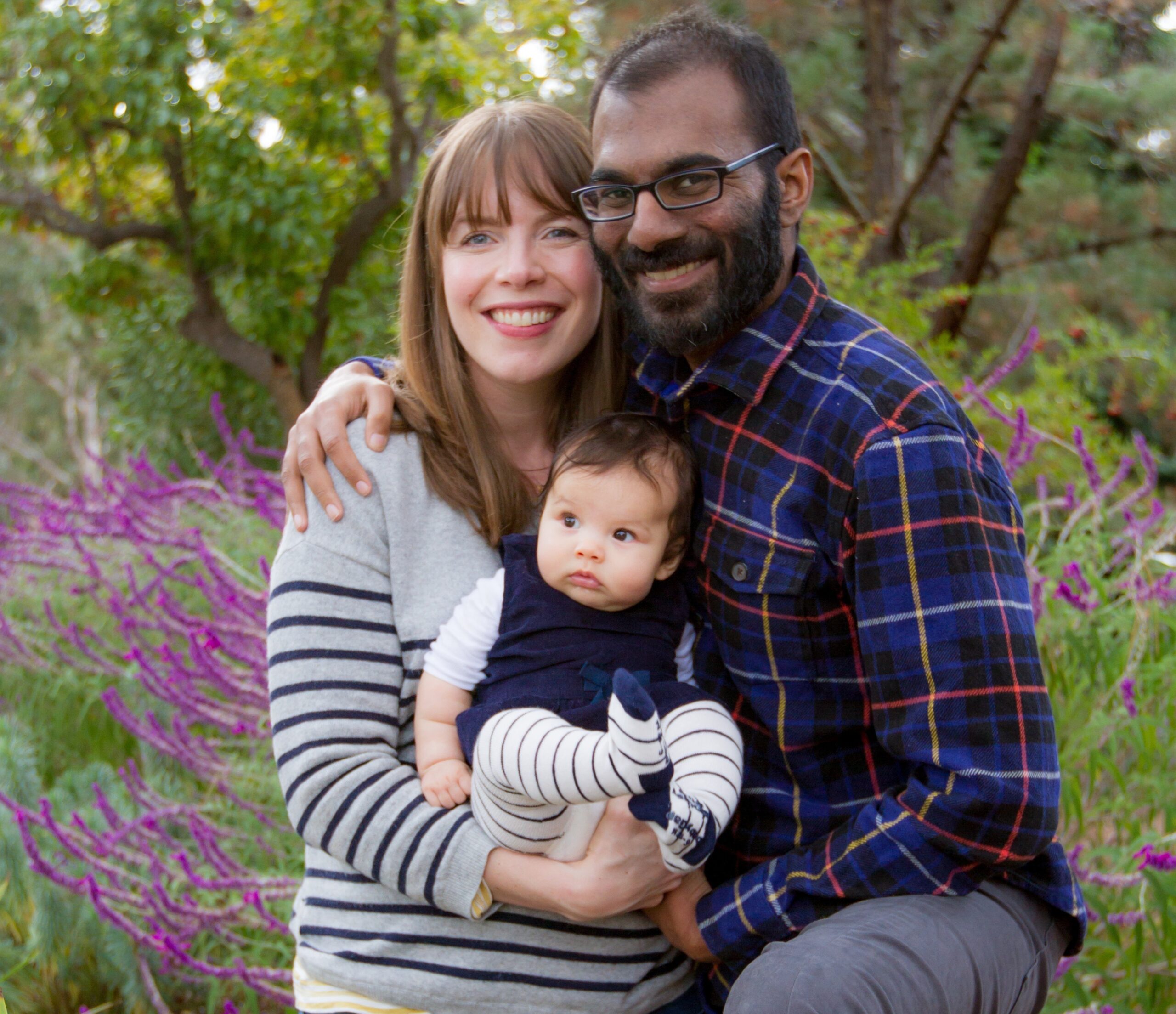You are at the prime of your life.
You are everything you ever dreamed to be.
You have everything you always wished for.
Life has never been any better than now.

This was Dr. Paul Kalanithi‘s life. A talented and ambitious medical student on the cusp of a promising career. He was an extraordinary individual whose life was deeply rooted in intellectual pursuits, medicine, and a love for writing. Kalanithi was not only known for his exceptional intelligence. He was also remembered as a compassionate and genuine person to his family and patients.
At the young age of thirty-six, Kalanithi’s world was abruptly crushed when he received a life-altering diagnosis: stage IV lung cancer. A cruel twist of fate forced him to confront the fragility of human life firsthand. From a physician who has long been a provider of care, he was suddenly thrust into the role of a patient. His memoir “When Breath Becomes Air” offers a unique perspective on the healthcare system and the existential questions that arise in the face of mortality. It also delves into several powerful themes that personally resonated with me. These themes explore the profound questions of life, death, and purpose.
Mortality and the Meaning of Life
“I began to realize that coming in such close contact with my own mortality had changed both nothing and everything. Before my cancer was diagnosed, I knew that someday I would die, but I didn’t know when. After the diagnosis, I knew that someday I would die, but I didn’t know when.”
Paul Kalanithi
The theme of mortality is central to Dr. Paul Kalanithi’s narrative. It explores how the awareness of an impending death profoundly shapes one’s perspective on life. His mortality is tackled head-on with the devasting diagnosis of cancer, which forces him to confront the fragility and transcience of the human experience. Consequently, his illness compels him to question the purpose of his pursuits and achievements. Yes, he was ambitious. Yes, he was successful. However, it did not and could never hold the same weight as his mortality. In the end, none of it mattered if he could not reap his rewards.
As stated in the quote, Kalanithi began to explore the interplay between the finite nature of life and the possibility of finding meaning and fulfillment within his limited time. His knowledge of an impending death paradoxically prevented him from pursuing personal desires and living a meaningful life.
This theme is notable because it prompts the reader to complete their own mortality but also the value they place on their time and individuals. It pushed me to reevaluate my priorities, appreciate the present, and strive to live a purposeful life. After all, I know I will eventually die. The question is when.
Identity and Role Reversal
Kalanithi’s identity was deeply rooted in his role as a neurosurgeon. In fact, his work provided him with a sense of purpose, dedicating himself wholeheartedly to the well-being of his patients. On the other hand, as a patient, Kalanithi experiences the healthcare system from a different perspective. He reflects on the intricate dynamics in a doctor-patient relationship as well as the ethical dilemmas that arise when one becomes intimately familiar with the experience of illness and mortality. The shift in his roles causes him to contemplate the implications of his profession and the delicate balance between expertise and compassionate care.
Family and Love
“A marriage is made up of so many invisible threads… As the sound of my heart faded, the feeling of a hand holding mine did not.”
Paul Kalanithi
The power of familial bonds in facing adversity was extremely important for Kalanithi. During his battle with cancer, his relationships provided him with strength, support, and a sense of purpose. Notably, his wife Lucy became a pillar of strength and solace amidst the uncertainties of his illness. Her presence and dedication served as a testament to the transformative power of love in the face of adversity.
Additionally, Kalanithi reflects on the importance of creating a supportive network of friends and colleagues. Through his illness, their bonds grew stronger to the point that certain become extended family. In fact, the memoir even begins with an introduction from his friend Dr. Abraham Verghese.
Through these depictions of love, the significance of human connection becomes evident. As a reader, I remember experiencing an overwhelming sudden affection for the people in my life. I admit that sometimes I can take my friends and family for granted but Kalanithi has helped me open my eyes to the practice of gratitude. I am appreciative of each of my loved ones for their presence in my life.
When I reached the end of the memoir, I admit it evoked a sense of mediocrity. Dr. Paul Kalanithi’s experiences and portrayal of his life took my breath away. “When Breath Becomes Air” is a testament to the power of literature that inspires and provokes profound introspection, reminding us of the beauty and fragility of our shared human experience. I urge you to read this memoir.
See what courage looks like.
See what truly living is like.
